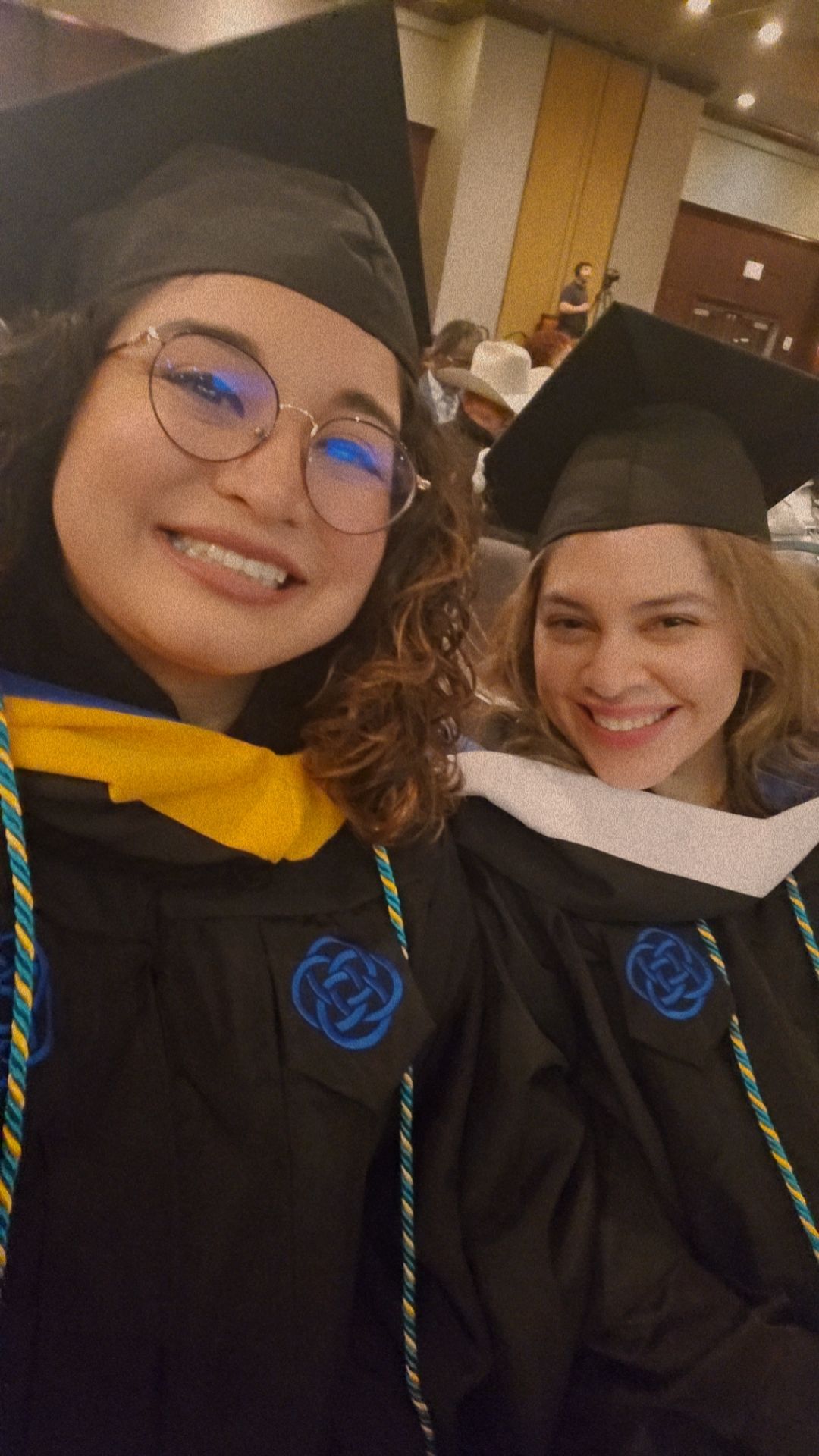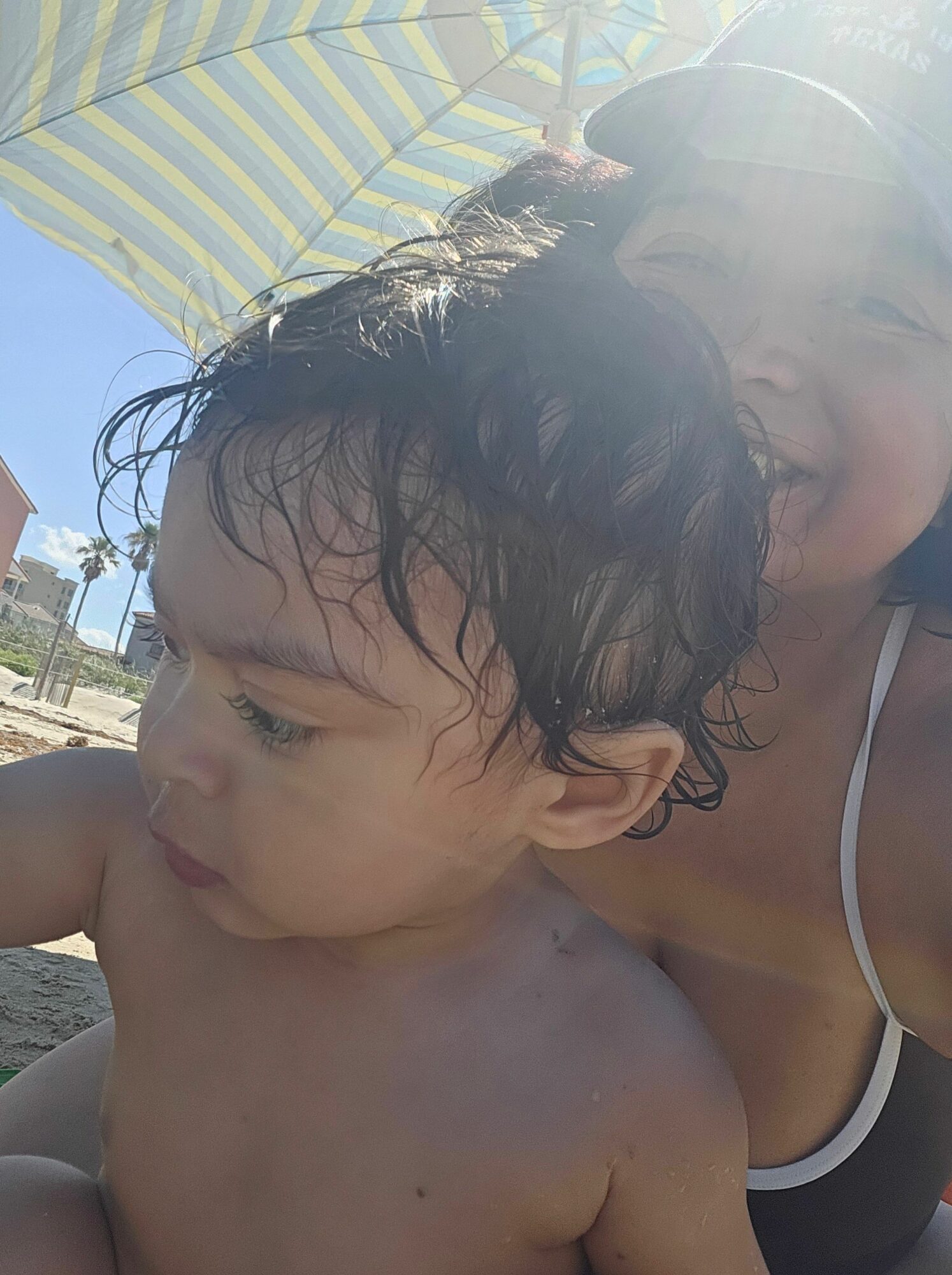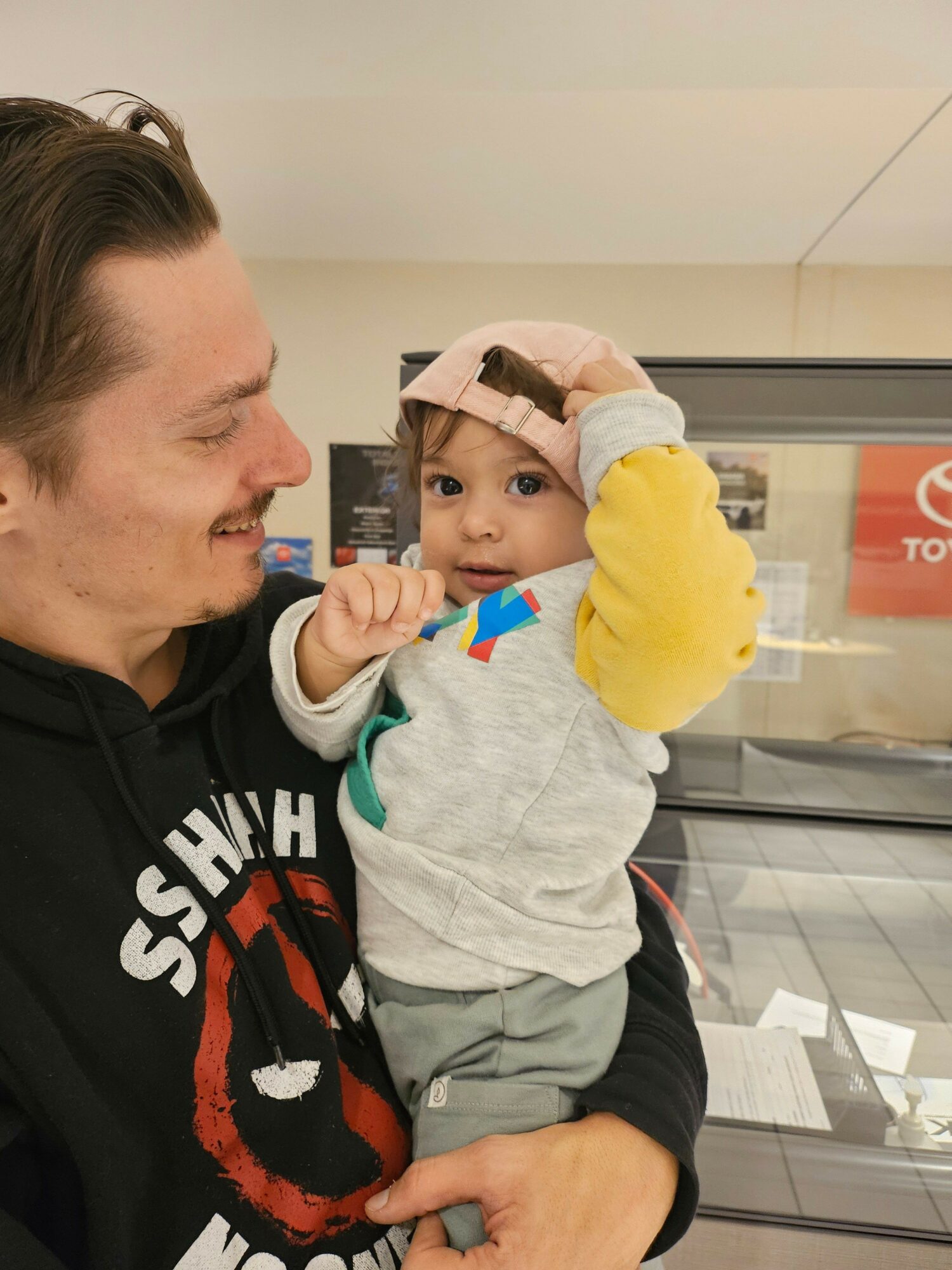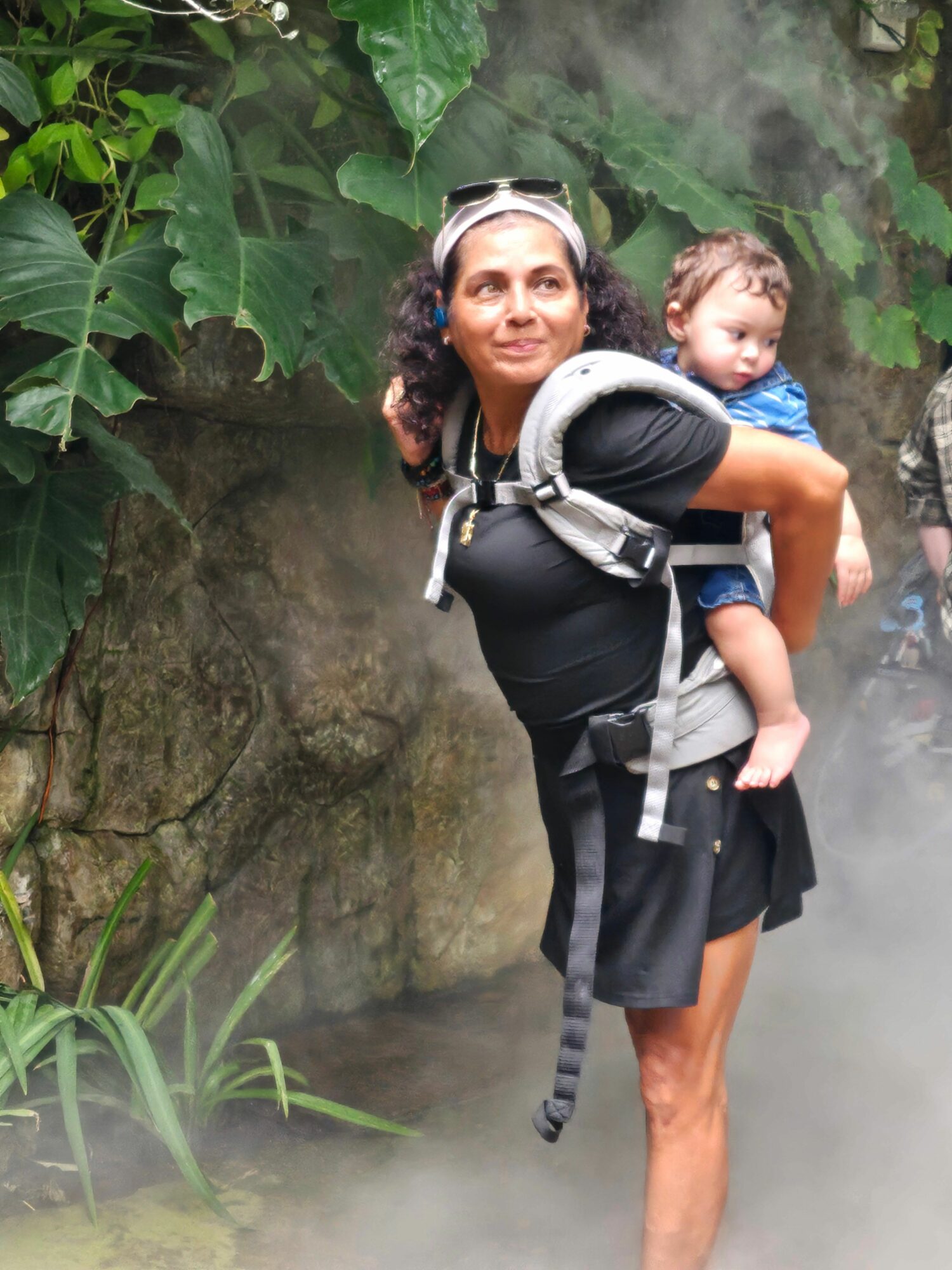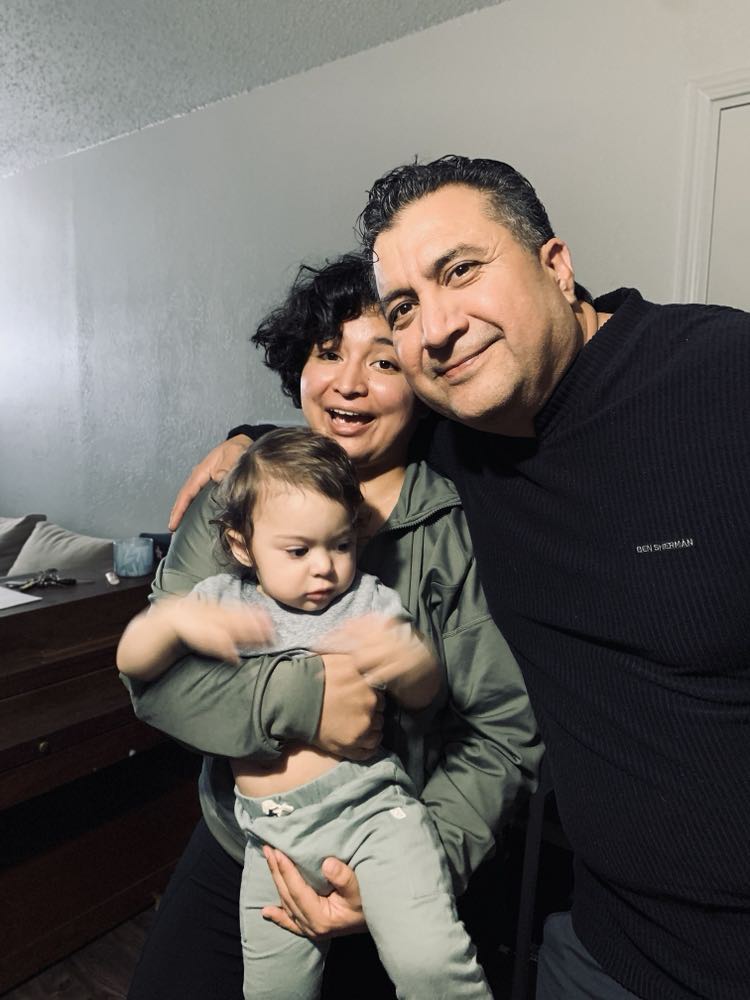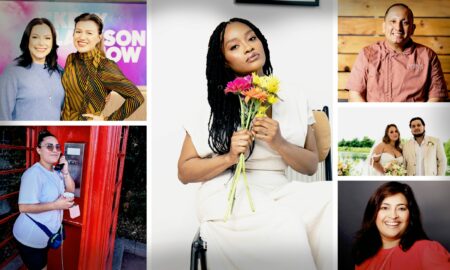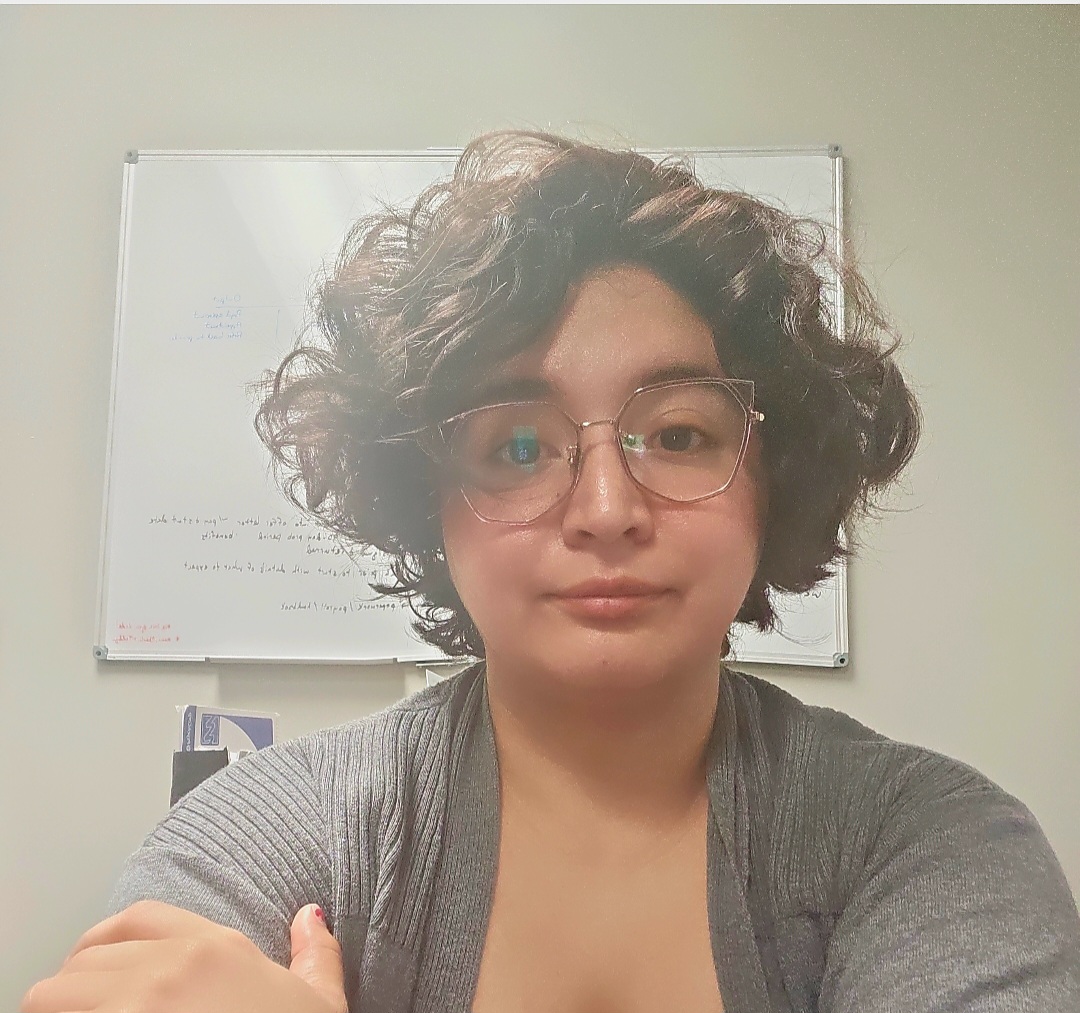

Today we’d like to introduce you to Chanel De La Garza.
Hi Chanel, we’d love for you to start by introducing yourself.
Hi there! My story’s a bit long, but I’ll give you the short version.
I first fell in love with psychology when I was 14 years old. We had a class lecture on the different fields of psychology, and something about it just clicked—I felt like I’d found my calling. At the time, I thought I wanted to become a psychiatrist. That seemed like the most obvious path to helping people with mental health struggles. But as I delved deeper into my studies, I realized that my true passion lay in clinical psychology—specifically, in community mental health.
Growing up in the Rio Grande Valley, mental health wasn’t something that was widely talked about or deeply understood. That gap only fueled my curiosity and desire to learn more. I wanted to be part of the change—to bring mental health awareness, resources, and support to communities like mine, where these things are so needed but often overlooked.
As I continued through my schooling, I began to recognize how deeply systemic issues—like the current political climate, immigration enforcement, and anti-LGBTQIA+ legislation—were affecting people’s mental health, particularly in border communities. It became clear to me that I wanted to focus my work on supporting individuals affected by these realities. My goal is to provide culturally responsive, affirming care that helps people feel seen, heard, and empowered.
Now, nearly a decade later, I’m in the fifth year of my doctoral program, preparing to apply for my internship year. It’s been a long and meaningful journey, and I’m more committed than ever to using my experience and education to serve and uplift my community.
I’m sure it wasn’t obstacle-free, but would you say the journey has been fairly smooth so far?
The road to get here hasn’t been easy. As a first-generation doctoral student, I often felt like I was navigating everything in the dark. On top of that, I moved nearly nine hours away from my hometown of Alamo, Texas, to attend school in Dallas. The culture shock was real, and the loneliness was even harder to cope with.
Eventually, though, I found my footing. I slowly built a support network and, to my surprise, met the love of my life. But just as things were starting to fall into place, life threw me a curveball: toward the end of my second year in the program, I found out I was expecting my first child.
That chapter was one of the most challenging of my life. I had to manage a high-risk pregnancy while juggling classes, practicum, and the many demands of graduate school. After my son was born, I faced the added weight of postpartum depression and anxiety—all while adjusting to my new roles as a wife, mother, student, and aspiring clinician, often surviving on just a couple hours of sleep.
There were moments when I truly thought about giving up—when it all felt like too much. But I was fortunate to have an incredibly supportive husband, as well as family, friends, and mentors who helped carry me through the hardest times. I’m especially grateful to Dr. Jennifer Bradford, Dr. Jill Johansson-Love, Dr. Sara Pollard, and Dr. Grant Canipe for taking me under their wings and offering encouragement, guidance, and belief when I needed it most.
Thanks to their support—and a lot of persistence—I’ve grown not only as a student and professional, but also as a person. I’m proud of how far I’ve come, and I carry these experiences with me in everything I do, both in my personal life and in the work I hope to continue within my community.
As you know, we’re big fans of you and your work. For our readers who might not be as familiar what can you tell them about what you do?
As I’ve mentioned before, I’m deeply passionate about community mental health, especially in underserved areas like the one I hope to return to. Given the high demand for generalist clinicians in that region, I’ve chosen to stay on the generalist track in my program. However, I’ve also taken targeted coursework to deepen my understanding of culturally inclusive care and address specific challenges faced by the communities I hope to serve. This includes courses on immigration trauma, forced family separation, and the lasting psychological impact of living in fear—issues that are all too common in border and immigrant communities.
My dissertation reflects this commitment. I’m focusing on people of color within the LGBTQIA+ community, examining how the discrimination they experience—both within the broader society and sometimes within their own communities—affects their mental health and sense of identity. To make my research as accessible and inclusive as possible, I’m conducting interviews in both English and Spanish. My goal is to help amplify voices that are too often left out of research and clinical conversations.
In addition to my academic work, I currently serve as a QMHP-CS and clinical assessor for Hands of Hope Behavioral Health in Texas. This role gives me the opportunity to gain hands-on experience working directly with the populations I hope to serve long-term. I’m also planning a webinar series and hope to collaborate with faculty at The Chicago School to provide outreach and resources for individuals and families currently affected by the ongoing immigration crisis and related mental health stressors.
Is there anyone you’d like to thank or give credit to?
Throughout this journey, I’ve been fortunate to have the support of some truly remarkable people who have shaped not only my academic path but also the person and clinician I’m becoming.
Dr. Jennifer Bradford was my very first clinical supervisor, and I’ll never forget the patience, kindness, and genuine concern she showed me—especially after I had my son. She created a safe space where I could learn, grow, and make mistakes without fear. Her unwavering support helped build my confidence as a clinician during a time when I often questioned whether I could balance it all. I’m incredibly grateful to have had her guidance so early in my training.
Dr. Jill Johansson-Love was one of the first faculty members I confided in about my pregnancy. From that moment on, she became one of my biggest supporters—both during my pregnancy and in the months that followed. I’ll never forget her powerful words: “Don’t compare yourself to others in YOUR own race. You need to go at your pace, because only you will get to that finish line.” That advice carried me through some of my hardest days and was one of the main reasons I didn’t leave the program after giving birth. Her belief in me was a lifeline.
Dr. Sara Pollard has been an inspiration to me from the very first class I took with her. I remember admiring how she seemed to juggle everything—being a mother, a clinician, a professor—and still made time to be present whenever I needed someone to talk to. She’s someone I hold deep respect for, and I feel incredibly lucky to have her as a mentor. Her balance of strength and compassion continues to influence the kind of professional I aspire to be.
Dr. Grant Canipe also played a pivotal role in my journey. He encouraged me to pursue my dissertation topic when I wasn’t sure I could—or should. He was also the one who shared with me the science of eggs and blueberries and how beneficial they are, especially during pregnancy—a conversation that still makes me smile. Dr. Canipe was always the person I could turn to when I needed a laugh or a little motivation, and he helped spark the path that became my dissertation. I’m thankful for his humor, insight, and encouragement.
Of course, none of this would have been possible without the love and support of my family. My husband, Joshaua L. Harris, and my son, Arthur Patricio De La Garza-Harris, are my reason for everything. They are my constant reminder of why I keep going and why this work matters. I’m also endlessly grateful to my parents, Braulio and Patricia De La Garza, who have always believed in me and encouraged me to follow my dreams, even when the road was difficult.
To all of you—thank you. I couldn’t have done this without you.
Contact Info:
